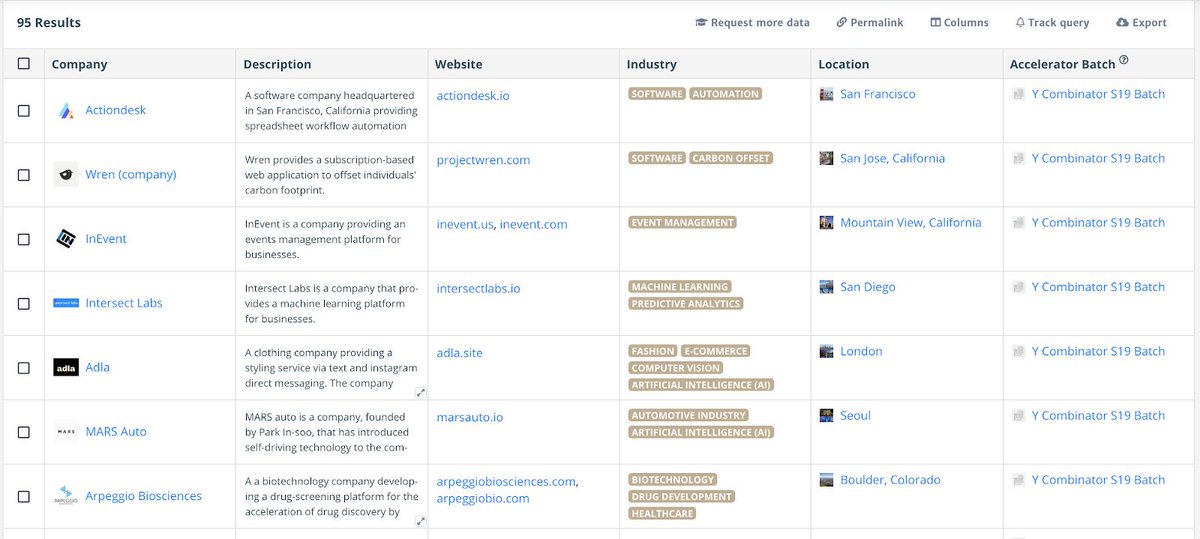(1) Acquisition is the easiest path to entrepreneurship
Don’t have an idea? You don’t have to have one. Buy one.
Don’t know how to code? You don’t have to. Use revenue to outsource development.
Don’t have money? You don’t have to have any. Bring in an equity partner. Leverage a debt from family/friends, tech lender, or even the seller.
Capital is not an excuse.
(2) Acquiring has a few distinct advantages to building
Namely:
- Validated demand
- Leverage debt/equity partners
- Focus on going from 1-10, not 0-1
Validate demand:
Acquiring a business that has paying customers saves you the time and energy you would have spent trying to figure out if there was demand for it in the first place.
Acquiring skips that step altogether.
Don’t waste time building something no one wants to pay for.
It’s easy to be blinded by your infatuation with your idea.
Acquiring forces you to take a truly unbiased and logical look at a business.
Leverage debt/equity partners:
Buying a business doesn’t mean you have to fork over a big pile of cash or empty out your savings to buy outright.
In fact, it’s probably best if you don’t.
Leveraging debt and/or equity partners means you can buy a business 2-10x larger than you would have been able to just paying cash.
Use the profits to pay down debt and float until you can pay yourself and/or pay off your debt.
Focus on going from 1-10, not 0-1:
Going from 0 to 1 — building, validating, and launching something from scratch — isn’t everyone’s forte.
If maintaining, optimizing, and growing is though, acquiring might be a better option for you.
(3) Process is king
Maintaining, optimizing, and growing a business requires tried and true processes.
“You do not rise to the level of your goals. You fall to the level of your systems.” — James Clear
https://t.co/AJhvBIHkvX Managing multiple businesses makes this ring even truer.
Something that really stood out to me was *making your business ready to sell at any time.*
Getting ready to sell can act as a forcing function to optimizing your business in ways it should have before.
That churn? Yeah, it needs to be dealt with.
Who knows the passwords? Yeah, that needs to be stored somewhere safer.
Spaghetti code? Yeah, that’s a liability.
And when you buy a business, it’s go time. What’s your plan? Where do you start?
I love the approach outlined in the course.
Verdict?
100% worth it. I follow the rule that I don’t have a budget for books — I buy whatever book looks interesting because if there’s ever something to overspend on, it’s on enabling and bettering yourself.
And that applies to courses too.
Get it:
https://t.co/wcX0zFXHgL
I’d also recommend
@NathanLatka’s “How to be a capitalist without capital”
https://t.co/IsUWmgq5qh
Full blog post review coming soon :)
Btw I wrote this all from memory — good test to see how much is retained.
Also excited to join the Rainmakers Club:
https://t.co/hUy8DgUl5x
